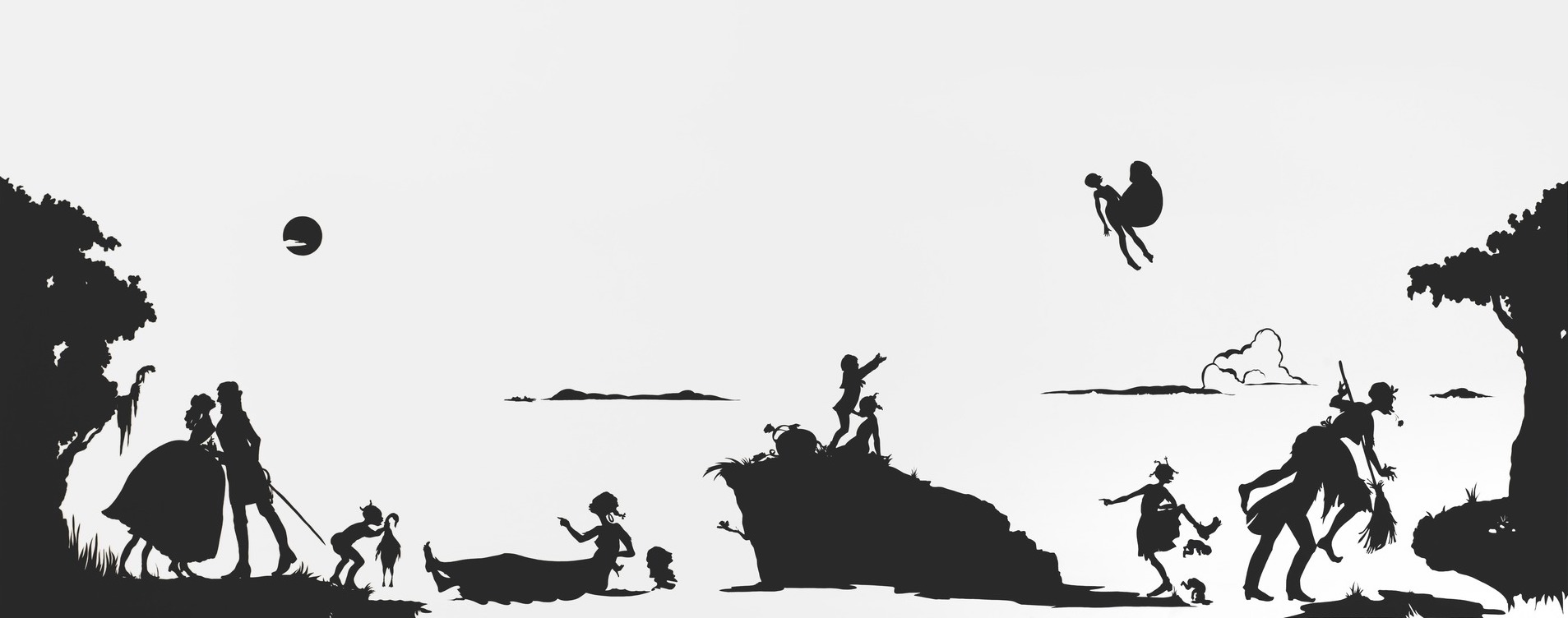With the growing number of Democrats joining the 2020 Presidential race, there is one candidate that truly stands out: Former Vice-President Joe Biden. This will be the third time that Joe Biden has run for presidency, but this time he is on a mission. Biden has been trying to rack up as much support from Black Caucus lawmakers, who he hopes will further assist him in getting the African American vote. So far, the former vice-president has gained support from three Black lawmakers, one in particular is Representative Donald McEachin from Virginia. McEachin stated that Joe Biden would need to do more than try to seek support from Congressional Black Caucus members , he also must “ …be out there with people, meeting folks and reminding them who he is. If he does that, which I know he will do, I’m absolutely confident he will be the next president.” But this isn’t the first time that we have seen a White politician seek the support of minorities.
In class, we learned about how politicians like John F. Kennedy, who created policies to help people of color (ex: affirmative action). Yet as Thomas Surge pointed out in Affirmative Action from Below , those holding the power in society knew that the policies were “weak”, difficult to enforce and lead to forms of resistance such as reverse discrimination. As the presidential race continues, it will be interesting to see the types of promises that Biden will make for minorities and people of color during his campaign and how he plans to tackle current issues within today’s society once he becomes president. Or will he straddle the fence and make legislation that appears to help minorities, but only work for those in power?
https://www.usatoday.com/story/news/politics/2019/05/03/2020-candidates-courting-congressional-black-caucus-members/3645701002/
